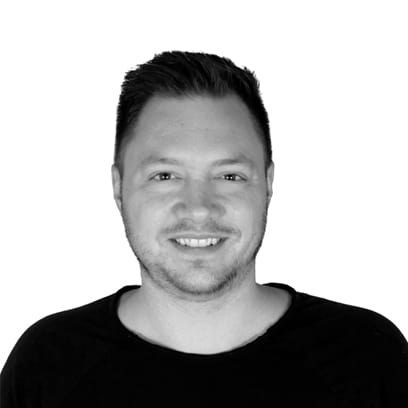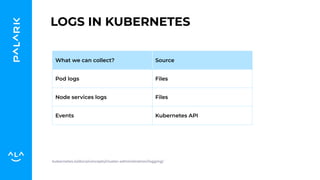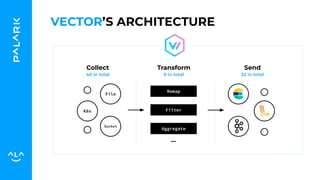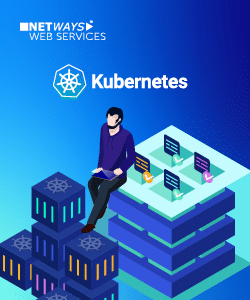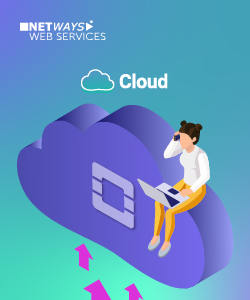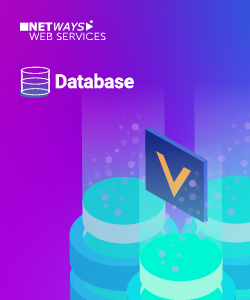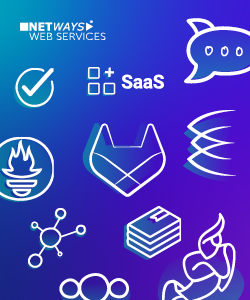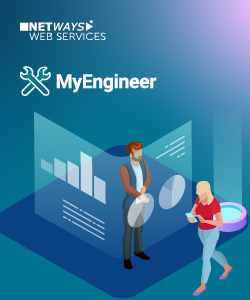stackconf 2024 has come and gone, leaving a lasting impression on its community. This year’s conference, held in Berlin, was absolutely amazing. From inspiring talks on cloud native & IT infrastructure solutions to lively networking sessions and a fantastic evening event, stackconf 2024 was a hub of innovation and collaboration. Here’s a quick recap of the event and a behind-the-scenes look, along with some memorable images.
The Conference Program
Our Sponsors
Big thank you to our sponsors of stackconf 2024! Eliatra and NETWAYS Web Services were supporting the conference as silver sponsors, and Xyntion and STACKIT contributed as bronze sponsors. We also value the support of our media partners GermanTechJobs, Linux Magazin and Kube Events. We’re really happy about your contribution and love to hear your amazing feedback about this sponsorship opportunity. Your support helped make stackconf 2024 a success, enabling us to bring together industry experts and enthusiasts for an enriching experience. Thank you for being a vital part of our event!
The stackconf Team
The Evening Event


























 Today we started directly with the talks and the first one I attended was “How to hack and defend (your) open source” by Roman Zhukov. He illustrated by numbers from surveys and science articles how important Open Source is for our industry, but also how vulnerable it is. A nice compact lecture he pointed to is
Today we started directly with the talks and the first one I attended was “How to hack and defend (your) open source” by Roman Zhukov. He illustrated by numbers from surveys and science articles how important Open Source is for our industry, but also how vulnerable it is. A nice compact lecture he pointed to is 






















































